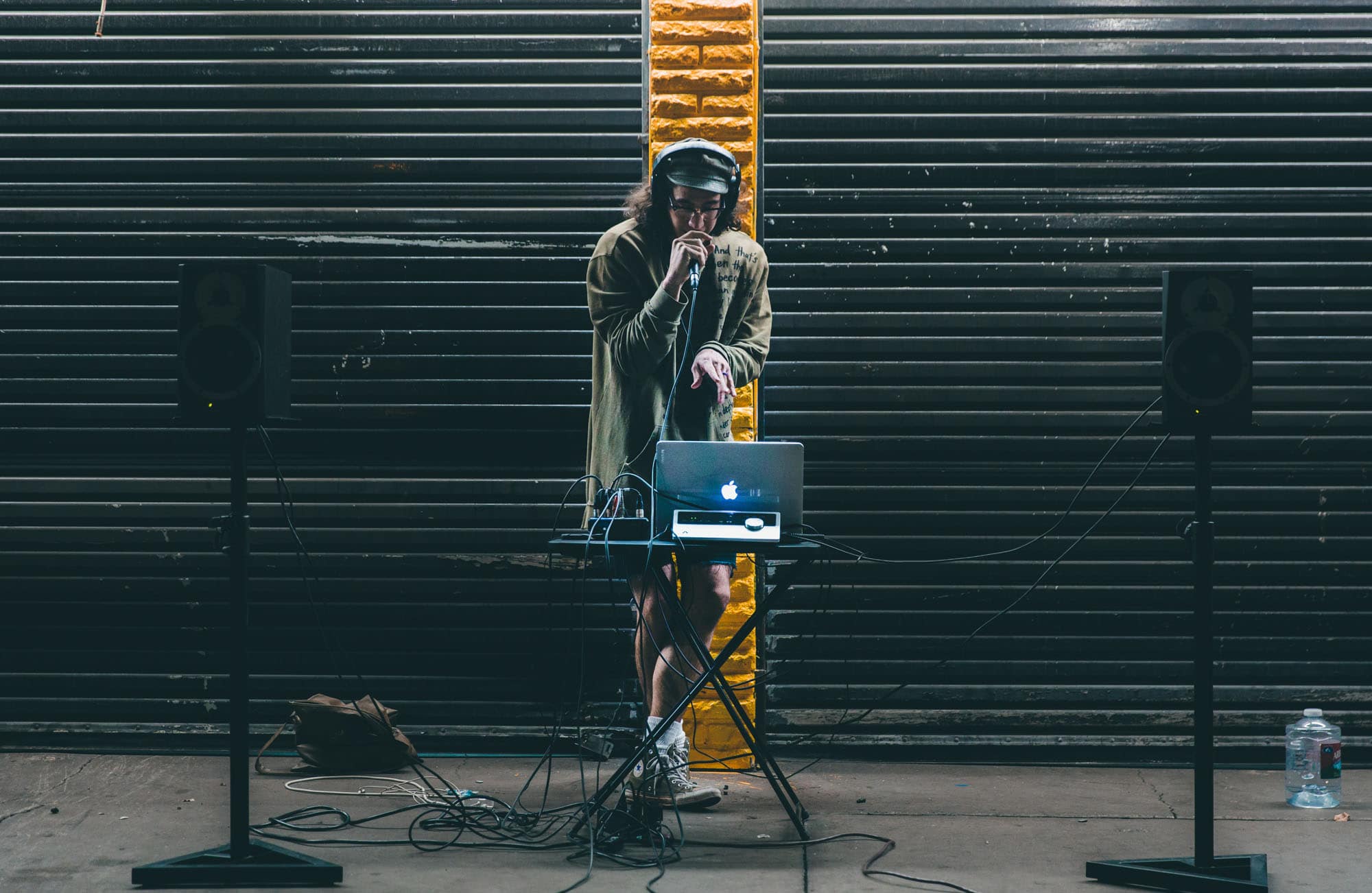
How to Produce Your Own Music and Launch Your Recording Artist Career
Making music can be one of the greatest joys of life. But turning your hobby into a career can be a whole other experience entirely.
Creating a track that will turn heads and get your name out there can be difficult. You’ll need to know a lot of information about how to put your best foot forward.
A lot of making the right impression has to do with the production quality of your music. As you start your own career, you likely won’t be able to afford the time needed to work with a quality producer. That means you’ll need to know how to produce music on your own.
How can you start producing your own tracks? If you want to be a professional recording artist, read on. We’ll walk you through everything you need to know.
Develop A Great Ear
The first thing you’ll need to do to become a great recording artist is to open up your ears and listen. Get out of your head and go listen to all kinds of music. Open yourself up to new artists, genres, and ideas.
You’ll be surprised at where inspiration can come from. While you might remain mostly inspired by your favorite musicians, it’s amazing what kind of ideas you can get from listening to music outside of your comfort zone. And it’s likely to put you in a better mood too.
Listening to all kinds of music will also help develop your taste as a producer. You’ll begin to hear different production techniques. You’ll be able to better have a gut sense of when a recording sounds ‘good.’ When you hear a song with a sound you really like, take the time to listen and try to understand what is happening with the song that’s producing this reaction for you.
Developing this ear will help develop your own taste. It’ll make it easier for you to find beats that appeal to you and hopefully your listeners.
Finding The Right Beat
As you begin to move towards thinking of your own music, you’ll need to start looking for beats that you can record yourself over. The best recording artists have a strong history of finding great beats. The careers of artists as different as Kanye or Ezra Koenighave made reputations off of inventive beat pulls.
Where can you find the best beats for your music? Deep diving into different music is certainly one way. But if you’re early in your career, you might not be able to afford the rights to license or sample existing music.
You might have friends or friends of friends that make their own beats. Teaming up with these people can be a great resource.
Other people on the same level as you are likely also trying to make a name for themselves. Teaming up can help both of your careers.
You can also look around online. There are plenty of aspiring producers that post their beats online and are looking for interested artists to reach out. A good beat is worth more than anything else.
Getting Words On Paper
Creating something worthwhile isn’t easy. People often overlook this part of the process, even though it’s the core part of being a recording artist. Writing good songs involves hours of staring at a blank page and getting ideas down.
It’s important to keep paper and pen near you anywhere you might become inspired. If you get your best song ideas on the toilet (no judgment!) then you should keep a notepad next to the toilet paper.
Getting Those Words Recorded
Mixing and mastering a professional record can be costly. You don’t want to spring for a professional recording until you’re really ready. That’s why most of the time your recording work will involve what’s known as demos and scratch tracks.
Creating a demo is easy. You’ll take a .mp3 file of your beat and a home microphone.
You can drop the beat into Garageband or a similar free program. Then, simply, record yourself over the beat.
This recording won’t be 100% listening quality, but it should be good enough to give you a sense of where you’re at with the track. Listen, consider what could be improved, and record again. Repeat this process until you think you can’t get the song any better.
Record and Mix Your New Track
Once you’re happy with your track, it’s time to get a professional sounding version together. If you’ve got a lot of money on your hands, you might be able to get together all the equipment you need to record a high-quality version yourself.
But more likely, you’ll need to take the more affordable method of booking yourself some time in a studio. If you know what you’re doing going in, you can probably record yourself in a brief one or two hours, which should help keep costs down.
The studio will ensure you have the best and most crisp recording of yourself possible. It’s difficult to replicate the quality of such a recording at home.
Once you have your high-quality beat and vocal tracks in hand, it’s time to mix them together into the final product. Mixing involves putting it all together, deciding on levels, and adding any effects. It’s really where the song is made.
You can purchase mixing programming yourself and learn it. Or, you can pay a small fee to work with a mixing professional who can mix your song for you. Mixing is a creative collaboration, and you and your mixer can create a final version of the track you both feel proud of.
With your final track in hand, you can head off into the world ready to make waves!
Becoming A Professional Recording Artist
There’s a lot to know when it comes to becoming a professional recording artist. You’ll need to develop a good ear, find good beats, and understand how to record and mix a track. If you can master all these things, your future in music could be bright.
Need the best beats for your soon-to-be hits? Check out our library and see what might be a good fit for you.
Browse Beats & Instrumentals
Browse our extensive and exclusive catalog of over 200 custom made beats and instrumentals, available for free download or purchase.


No Comments